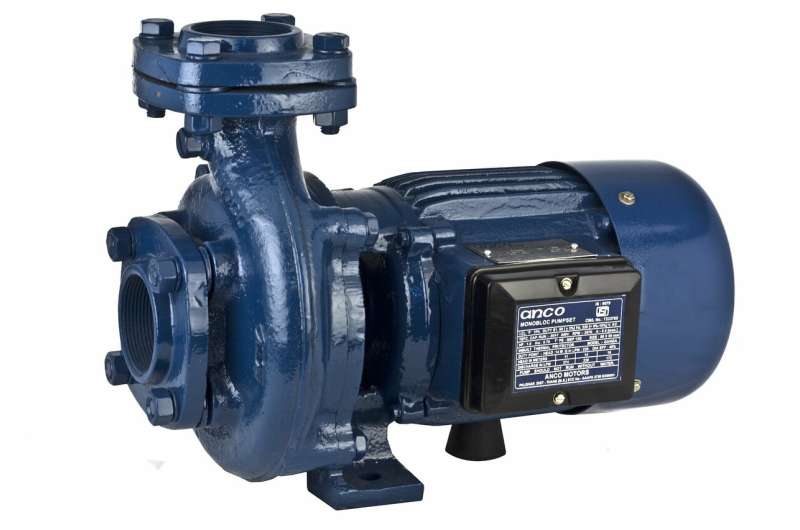Credit: CC0 Public Domain
Little motors power everything from small comforts, such as desk fans, to larger safety systems, like oven exhaust systems—but they could be more precise, according to a research team from Mitsubishi Electric Research Laboratories.
An international collaboration from Japan and Massachusetts unveiled an improved algorithm to track motor performance and speed estimation in IEEE/CAA Journal of Automatica Sinica.
Induction motors are powered through an alternating current delivered through equipment known as a drive. A rotor is suspended through a stacked cylinder of metallic windings that, once powered, create a magnetic field forcing the rotor to rotate. The speed depends on the power and variability of the drive.
Without sensors to detect the speed of the drive, the speed of the rotor is incredibly difficult to estimate. There are some methods to determine the speed, but, according to Wang, they're lacking.
"Rotor speed estimation for induction motors is a key problem in speed-sensorless motor drives," wrote Yebin Wang, Senior Principal Research Scientist at Mitsubishi Electric Research Laboratories in Cambridge, Mass, and first author of the paper.
"Existing approaches have limitations such as unnecessarily assuming rotor speed as a constant parameter," Wang wrote. He also noted that some approaches tradeoff between estimation bandwidth and measurement robustness, but they offer simple designs that could be expanded upon.
The rotor speed could be treated as a state variable, rather than a constant variable. State variables are assumed to be true for the whole motor system, unless some outside force manipulates them and they change. Wang and his team took the state variables and changed their coordinates to allow the system to remain stable, relative to itself. By allowing system variables to stay in sync but moveable as a whole, the scientists could perform mathematical experiments to manipulate the system and determine specific speed variations and changes.
"Experiments demonstrate the potential effectiveness and advantages of the proposed algorithm: fast speed estimation transient and ease of tuning," Wang wrote. "This paper also reveals a number of issues."
One major issue is that to better estimate the speed, all of the variables of the system must be known. In real-world scenarios, it's unlikely that every variable will be precisely identified.
Wang and the team plan to further develop more systematic solutions to address the system stability and to generalize their proposed algorithm to account for uncertainties within the system.
More information: Yebin Wang et al. An approximate high gain observer for speed-sensorless estimation of induction motors, IEEE/CAA Journal of Automatica Sinica (2018). DOI: 10.1109/JAS.2018.7511252
Provided by Chinese Association of Automation





















